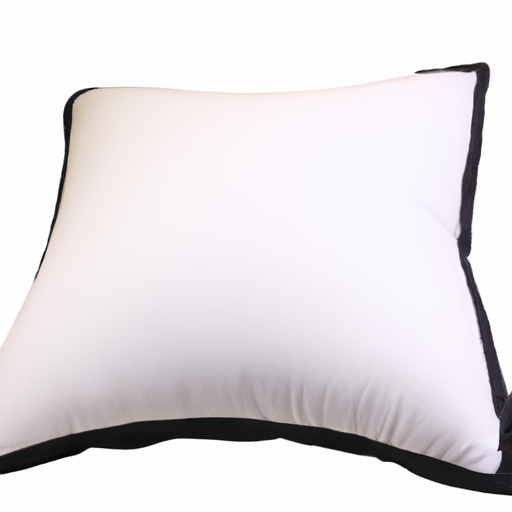The age-old question: Does sleeping on your stomach age you? For many, this is a source of curiosity, as the effects of sleep position on appearances and health can be significant. While the given answer can be yes or no depending on context, the truth is that there are benefits to avoiding stomach sleeping as well as potential health risks that come with consistently sleeping on your stomach. If you are a stomach sleeper, however, there are techniques and products that can be implemented to minimize the signs of aging and ensure healthy rest.
Benefits of Avoiding Stomach Sleeping
Sleeping on your stomach can be problematic for many reasons. For one, it can cause misalignment of the spine and neck which can lead to chronic pain over time. This can be magnified when sleeping with your neck craned to one side. Another common occurrence which is associated with stomach sleeping is drooling, making it a less than aesthetically ideal position to pass the time. Lastly, as sleeping on your stomach restricts oxygen supply to your face and neck, it is believed that it can contribute to premature aging.
In addition to the physical effects of stomach sleeping, it can also have a negative impact on your mental health. Studies have shown that sleeping on your stomach can lead to increased levels of stress and anxiety, as well as difficulty concentrating and focusing. It can also lead to disrupted sleep patterns, which can further exacerbate the effects of stress and anxiety.
The Effects of Stomach Sleeping on Skin
When sleeping on your stomach, your face is generally pushed down into the pillow or mattress throughout the night. This compression of your face and neck can cause the structural aging of facial skin, resulting in wrinkles and eventual sagging skin. Aside from the physical effects, irregular breathing caused by a compressed airway may also impair blood flow to the skin and reduce oxygen content. All of these effects add up over time and may result in unwanted wrinkles and signs of aging.
Potential Health Risks of Stomach Sleeping
In addition to the aesthetic aftereffects, it is important to note that sleeping on your stomach increases the risk of developing sleep apnea, asthma, and chronic fatigue. Obstructed breathing can lead to poor quality of restful sleep. Affected areas include the neck and sinuses which can lead to restricted breathing and the blockage of airflow during sleep. Chronic fatigue may lead to an increased irritability and lack of focus during waking hours, thus affecting overall well-being.
Alternatives to Sleeping on Your Stomach
For those looking to avoid stomach sleeping, there are several alternatives that you can try out. The most popular position is on your back with a pillow keeping your head slightly elevated and your spine in alignment. This position helps to keep drooling and skin wrinkling to a minimum while also ensuring optimal oxygenation during sleep.
Tips for Reducing Signs of Aging While Sleeping on Your Stomach
For those of us who still prefer sleeping on our stomachs, there are a few tips that we can follow to help minimize its aging effects:
- Use a soft pillow or a flat pillow to raise your head slightly off the mattress or pillow.
- Sleep with your arms resting in front of you instead of underneath your pillow.
- Maintain an even position throughout the night, keeping your neck in line with your spine.
- Make sure your mattress is comfortable enough for you to get optimal rest throughout the night.
How to Choose the Best Pillow for Stomach Sleepers
For stomach sleepers, the best pillow should provide support for the neck and head while staying relatively flat. Memory foam pillows are a good option as they are designed to conform to the shape of your head and neck while still providing support for your spine. Down or feather pillows are also good options for stomach sleepers as they offer superior comfort without excess bulk.
What to Look for in a Mattress for Stomach Sleepers
When choosing a mattress for stomach sleepers, it is important to look at factors such as firmness, support, and breathability. A mattress that is too soft or too firm can lead to aches and pains due to misalignment of the spine. As far as support goes, it is important to look for a mattress that offers enough cushion to allow proper spinal alignment while being firm enough to keep the body in place while sleeping. Lastly, breathability is a huge factor when looking for mattresses as sleeping on an overly warm mattress can lead to sweating and dehydration throughout the night.
Conclusion
Sleeping on your stomach can lead to both health risks and signs of aging over prolonged periods of time. While avoiding it altogether is usually the best option for health reasons, there are still alternatives for those who enjoy sleeping on their stomachs. With proper knowledge as to how one should choose mattresses and pillows when sleeping on their stomachs as well as with good sleep regimens, it is possible to reap the benefits of sleeping on one’s stomach while avoiding its potential drawbacks.



